Tsubasa To Hotaru

Tsubasa to Hotaru
More Posts from Kiminitodokestuff and Others

Ma Beagle and the Beagle Boys rough for the new Ducktales reboot opener
If you can dream it, you can be it. If you can see it in your mind, you can most definitely see it in your reality. There is no difference between dreams and reality except for the actions required to take you from where to currently are to where it is that you wish to go.
Nicole Addison @thepowerwithin (via thepowerwithin)
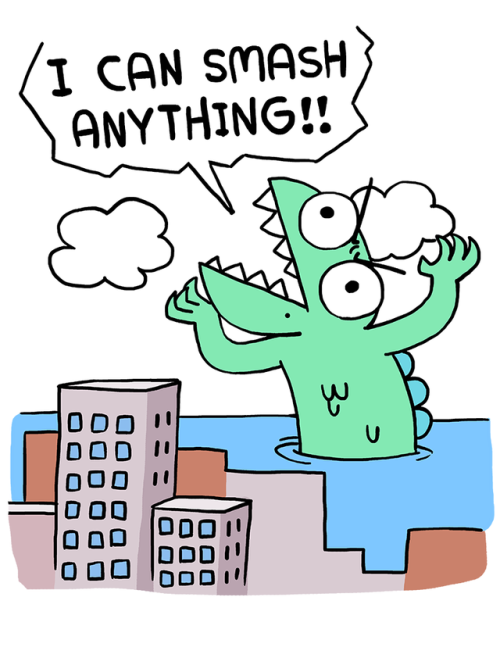
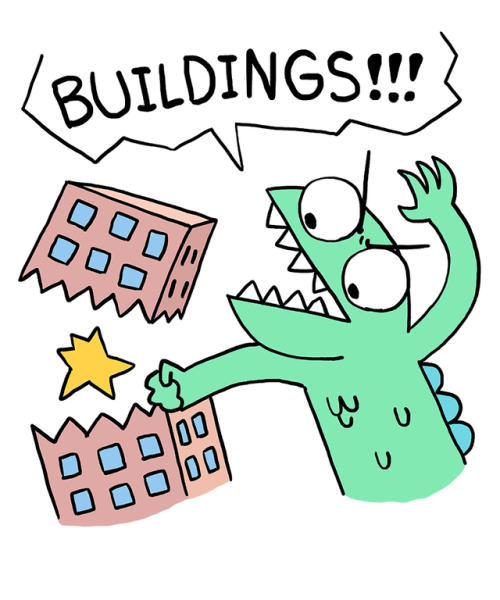
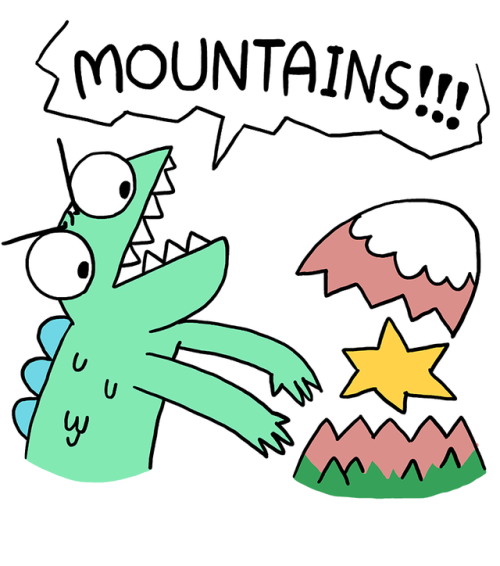

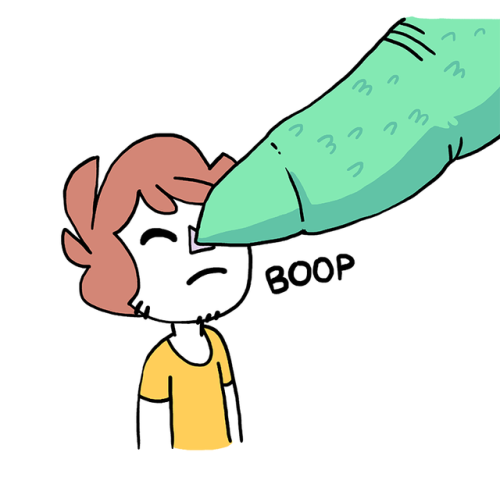
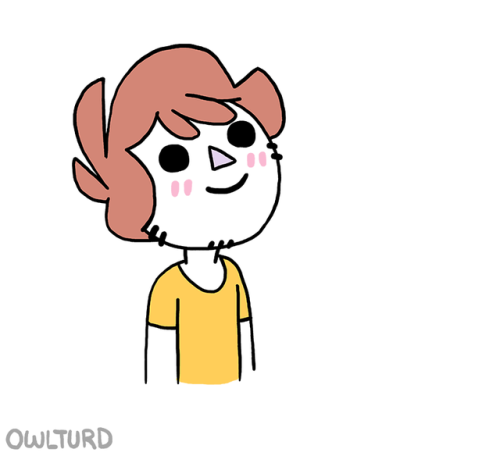
For sharing:
Long-ways | Box-ways
Japanese Numbers

Hundreds (100, 200, 300 so on)
100 is 百 (sen) and as what happened with 10 十 (juu). To say 200, 300, 400 and so on, you simply put the number before it. Pattern: number + 百 (hyaku) 200 is 二百 500 is 五百 Take note about the irregulars in hundreds though. There are 3 of them 300 is 三百 san byaku 600 is 六百 roppyaku 800 is 八百 happyaku What happened here is 6 and 8 are contracted and the ひ (hi) in ひゃく is turned into ぴ (pi) and び (bi). Irregular number like this will show up a lot when counting things. But you will get to remember them the more you use it.
…………………………………………
Thousand (1000, 2000, so on)
1000 is 千 (sen). The pattern is similar to tens and hundreds. 2000 is 二千 ni sen 8000 is 八千 hachi sen Things to note: 4000 is ALWAYS yon sen 7000 is ALWAYS nana sen Irregulars: 3000 is 三千 san zen 8000 is 八千 hassen
…………………………………………
Ten Thousands
10.000 is 一万 (ichi man). Unlike 十(10), 百 (100) and 千 (1000), you need to mentioned the 一 (ichi) to say 10.000 Simply replace the 一 (ichi) with another number you want to say. There are no irregulars in ten thousands :D 20.000 is 二万 ni man 50.000 is 五万 go man Things to note: 40000 is ALWAYS yon man 70000 is ALWAYS nana man
Check the full article to learn how to count the in between.
Happy learning °˖✧◝(⁰▿⁰)◜✧˖°
…………………………………………
Useful Links:
• CrunchyNihongo - Easy to Learn Japanese Lessons Site • Get our easy Japan lessons on your facebook timeline • FREE DOWNLOAD! Resourceful app to start learning Japanese! • Books to guide & help you learn Japanese
aishiteru <3

See, the problem with people who aren’t in wheelchairs writing about and/or drawing people who are in (manual) wheelchairs is that the people who aren’t in wheelchairs tend to think that there’s only like four movements that you do in a wheelchair. You can either push forward, push backwards, turn left, or turn right. And the characters do it all while sitting up straight or bending forward so that their noses touch their knees.
But the amount of motions that I go through on a daily basis are actually amazing. And the body language…you could write an entire book on the body language of someone in a wheelchair.
Like right now, I’m more relaxed, so I’m slouching slightly. I’ve got my right foot on its footrest and the left foot on the ground. Every so often, as I stop to think of something to say, I’ll push with my left foot to rock the chair slightly.
But usually, I sit mostly upright with my upper-half slightly leaned forward. When I’m wheeling across the campus, especially if I have somewhere that I need to be, I’ll lean and shift my weight in whichever direction it is that I’m going. It helps make the wheelchair glide that much more smoothly. How far/dramatically I lean depends on how fast I’m going, the terrain, if there’s a turn, etc.
Plus people who don’t use wheelchairs don’t understand the relationship between grabbing the wheels, pushing, and the chair moving. Like I’ve seen things written or have seen people try to use a chair where the character/that person grabs the wheel every single second and never lets go to save their lives. Which isn’t right. The key is to do long, strong, pushes that allow you to move several feet before repeating. I can usually get about ten feet in before I have to push again. It’s kind of like riding a scooter. You don’t always need to push. You push, then ride, then push, then ride, etc.
And because of this, despite what many people think, people in wheelchairs can actually multitask. I’ve carried Starbucks drinks across the campus without spilling a single drop. Because it’s possible to wheel one-handed (despite what most people think), especially when you shift your weight. And if I need to alternate between pushing both wheels, I’ll just swap hands during the ‘glide’ time.
I’ve also noticed that people who don’t use wheelchairs, for some reason, have no idea how to turn a wheelchair. It’s the funniest thing. Like I see it written or, again, have seen people ‘try’ a wheelchair where they’re reaching across their bodies to try to grab one wheel and push or they try to push both wheels at the same time and don’t understand. (For the record, you pull back a wheel and push a wheel. The direction that you’re going is the side that you pull back.)
Back to body language. Again, no idea why most people think that we always sit upright and nothing else. Maybe when I’m in meetings or other formal settings, but most of the time, I do slightly slouch/lean. As for the hands…A lot of writers put the wheelchair user’s hands on the armrests but the truth is, most armrests sit too far back to actually put your hands on. There are times when I’ll put my elbows on the edges of the armrests and will put my hands between my legs. Note: Not on my lap. That’s another thing that writers do but putting your hands in your lap is actually not a natural thing to do when you’re in a wheelchair, due to the angle that you’re sitting and the armrests. Most of the time, I’ll just sort of let my arms loosely fall on either side of the chair, so that my hands are next to my wheels but not grabbing them. That’s another form of body language. I’ve talked to a few people who have done it and I do it myself. If I’m ever anxious or in a situation where I want to leave for one reason or another, I will usually grip my handrims - one hand near the front , one hand near the back. And if I’m really nervous, you’ll find me leaning further and further into the chair, running my hands along the handrims.
Also, on a related subject - a character’s legs should usually be at 90 degree angles, the cushion should come to about their knees, and the armrests should come to about their elbows. You can always tell that an actor is not a wheelchair user when their wheelchair isn’t designed to their dimensions. (Their knees are usually inches away from the seats and are up at an angle, the armrests are too high, etc.) Plus they don’t know how to drive the chair.
Let’s see, what else? Only certain bags can go on the back of the chair without scraping against the wheels, so, no, your teenagers in wheelchairs can’t put their big, stylish, purses on the back. We don’t always use gloves since most gloves actually aren’t that helpful (as stated above, wheeling is a very fluid motion and gloves tend to constrict movements). Height differences are always a thing to remember. If you’re going for the “oh no, my wheelchair is broken” trope, nobody really has ‘flat’ tires anymore thanks to the new material for the wheels but it is possible to have things break off. We use the environment a lot. I always push off of walls or grab onto corners or kick off of the floor etc. Wheelchair parkour should really become a thing.
This is all of the physical things to think about. I could write a thesis on the emotional treatment of your characters with disabilities. But for now, I think that I’ll stop here. For my followers in wheelchairs, is there anything that I left out?
Also why isn’t wheelchair parkour a thing? Somebody make wheelchair parkour a thing.
Synonyms For Very
This masterlist is a masterlist of words that you may use alongside the word very, very being one of the most common words that are used when writing. I hope this helps you as much as it helps me in our writing seem more sophisticated and unique.
A:
Very accurate - exact Very afraid - fearful Very angry - furious Very annoying - exasperating
B:
Very bad - atrocious Very beautiful - exquisite Very big - immense Very boring - dull Very bright - luminous Very busy - swamped
C:
Very calm - serene Very careful - cautious Very cheap - stingy Very clean - spotless Very clear - obvious Very clever - intelligent Very cold - freezing Very colourful - vibrant Very competitive - cutthroat Very complete - comprehensive Very confused - perplexed Very conventional - conservative Very creative - innovative Very crowded - bustling Very cute - adorable
D:
Very dangerous - perilous Very dear - cherished Very deep - profound Very depressed - despondent Very detailed - meticulous Very different - disparate Very difficult - arduous Very dirty - filthy Very dry - arid Very dull - tedious
E:
Very eager - keen Very easy - effortless Very empty - desolate Very excited - thrilled Very exciting - exhilarating Very expensive - costly
F:
Very fancy - lavish Very fast - swift Very fat - obese Very friendly - amiable Very frightened - alarmed Very frightening - terrifying Very funny - hilarious
G:
Very glad - overjoyed Very good - excellent Very great - terrific
H:
Very happy - ecstatic Very hard - difficult Very hard-to-find - rare Very heavy - leaden Very high - soaring Very hot - sweltering Very huge - colossal Very hungry - ravenous Very hurt - battered
I:
Very important - crucial Very intelligent - brilliant Very interesting - captivating
J:
K:
L:
Very large - huge Very lazy - indolent Very little - tiny Very lively - vivacious Very long - extensive Very long-term - enduring Very loose - slack Very loud - thunderous Very loved - adored
M:
Very mean - cruel Very messy - slovenly
N:
Very neat - immaculate Very necessary - essential Very nervous - apprehensive Very nice - kind Very noisy - deafening
O:
Very often - frequently Very old - ancient Very old-fashioned - archaic Very open - transparent
P:
Very painful - excruciating Very pale - ashen Very perfect - flawless Very poor - destitute Very powerful - compelling Very pretty - beautiful
Q:
Very quick - rapid Very quiet - hushed
R:
Very rainy - pouring Very rich - wealthy
S:
Very sad - sorrowful Very scared - petrified Very scary - chilling Very serious - grave Very sharp - keen Very shiny - gleaming Very short - brief Very shy - timid Very simple - basic Very skinny - skeletal Very slow - sluggish Very small - petite Very smart - intelligent Very smelly - pungent Very smooth - sleek Very soft - downy Very sorry - apologetic Very special - exceptional Very strong - forceful Very stupid - idiotic Very sure - certain Very sweet - thoughtful
T:
Very talented - gifted Very tall - towering Very tasty - delicious Very thirsty - parched Very tight - constricting Very tiny - minuscule Very tired - exhausted
U:
Very ugly - hideous Very unhappy - miserable Very upset - distraught
V:
W:
Very warm - hot Very weak - frail Very well-to-do - wealthy Very wet - soaked Very wide - expansive Very willing - eager Very windy - blustery Very wise - sage Very worried - distressed
X:
Y:
Z:
A/N: If you know of anymore words I can add please message me.
-
 kaon21 liked this · 9 years ago
kaon21 liked this · 9 years ago -
 kiminitodokestuff reblogged this · 9 years ago
kiminitodokestuff reblogged this · 9 years ago


